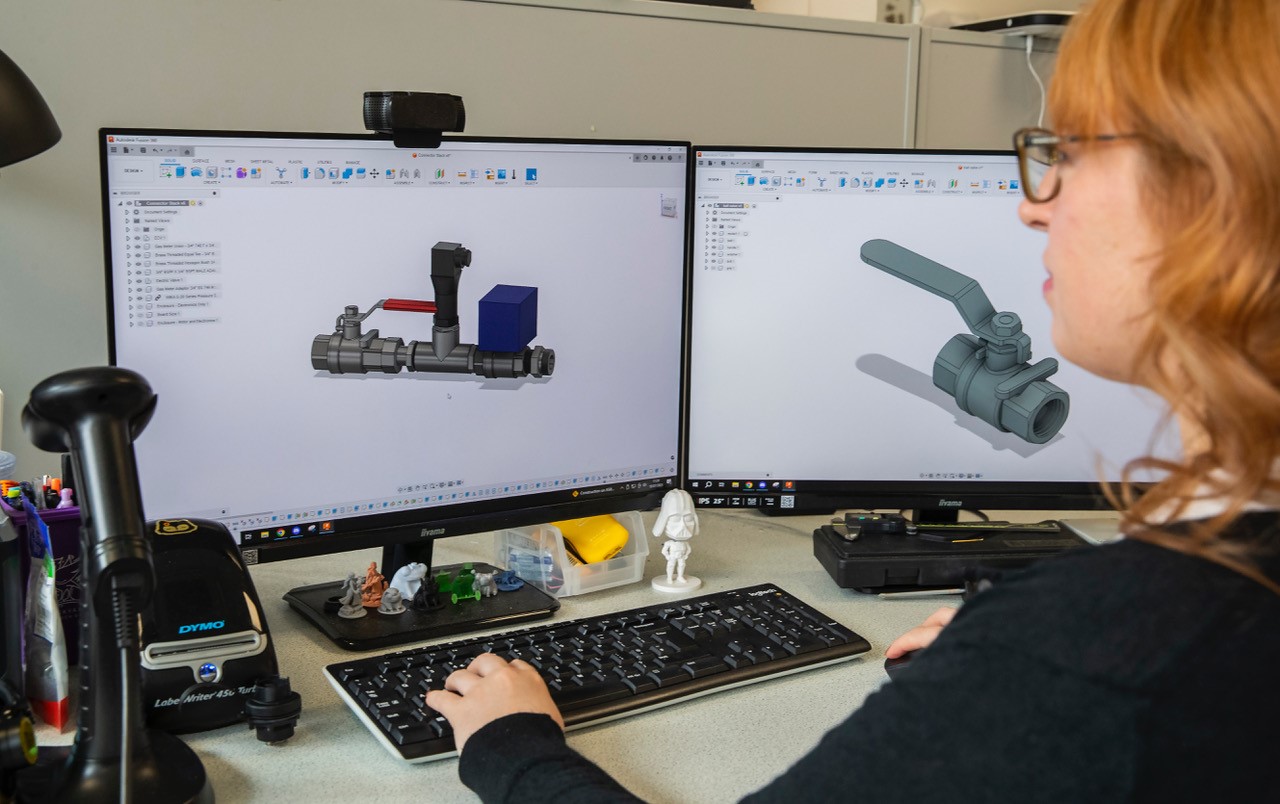How Will the Hydrogen Sector Grow the Workforce by 95% Before 2030?

In a shocking new report by Cogent Skills, it appears that as it currently stands, the UK workforce only represents 5% of the required amount by 2030. Hydrogen Industry Leaders highlights what can be done to improve this figure.
Despite the UK Government highlighting ambitions to have a 100,000 strong workforce for hydrogen by 2050, the report says that currently way off reaching this level.
The report named:’A greenprint on skills for the low-carbon industries’ explained that the sector facing a growing and ‘extremely challenging labour market.’ This could have serious impacts on the production of hydrogen capabilities.
Government commitments to wider net zero targets are instrumental in encouraging young people and new skills into the sector. Reassurance that hydrogen will be implemented across multiple sectors will be a key driver to improve the percentage of the workforce needed.
The UK could take note from Australia and Canada
The report reveals that the UK is trailing behind countries like Canada and Australia in its workforce strategy for hydrogen and addressing skills shortages in low-carbon industries. Cogent Skills, after studying the specific skills and occupations needed in the hydrogen sector, points out several areas of concern in the skills gap.
These areas include the need for expertise in hazard risk analysis and training for underground storage, which requires Level 6+ qualifications (equivalent to a degree), long-term professional development, and relevant trade certificates.
To tackle these challenges, the report proposes various recommendations. First, there should be a focus on promoting careers outreach programs to inspire and educate the younger generation about potential opportunities in the hydrogen sector. Second, it suggests conducting research to understand and implement equality, diversity, and inclusion practices effectively.
More stable policy environments will lead to more jobs
Furthermore, Cogent Skills emphasises the importance of establishing a stable and consistent policy environment to encourage employer engagement. Additionally, they highlight the significance of an efficient UK visa system that allows the smooth influx of skilled workers into the sector to meet urgent and crucial skills requirements.
To drive the future hydrogen workforce, Cogent Skills, in collaboration with the High Value Manufacturing Catapult, co-founded the Hydrogen Skills Alliance. Together, they developed the UK’s first-ever national occupational standard for hydrogen production, storage, and transportation, aiming to steer the growth of a competent hydrogen workforce.

